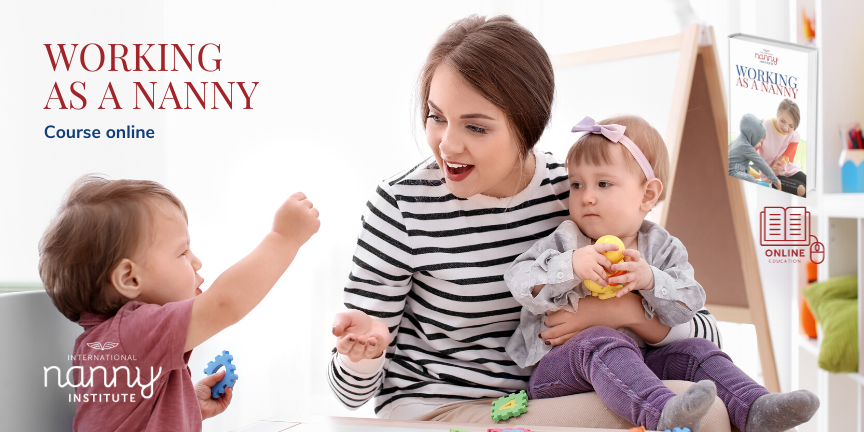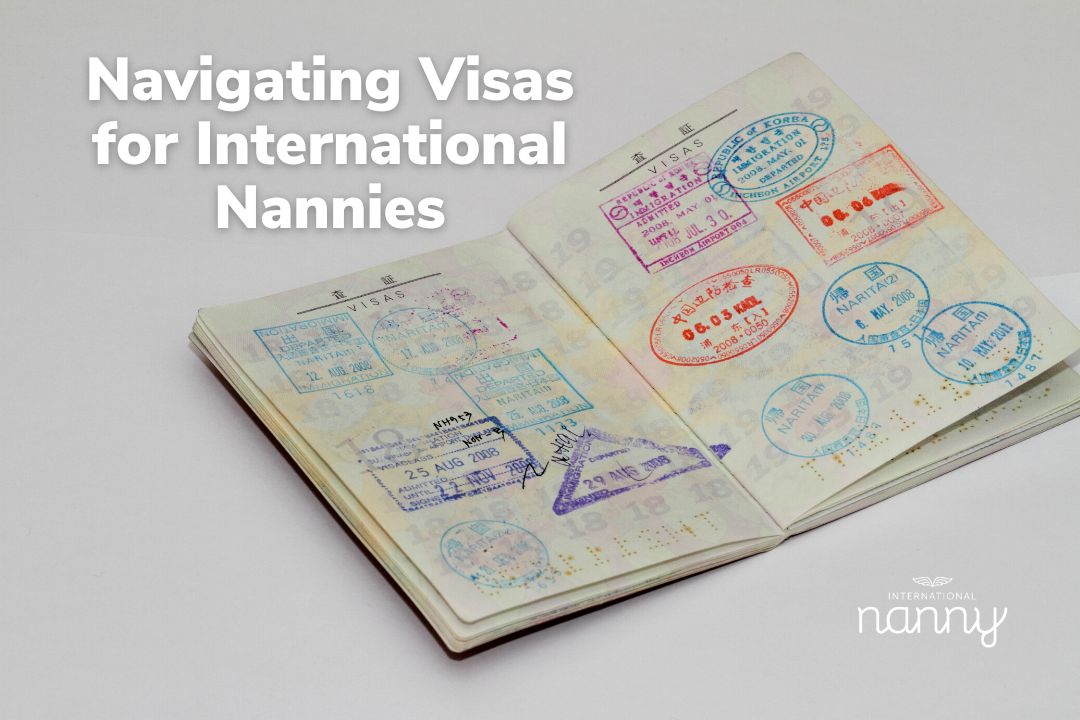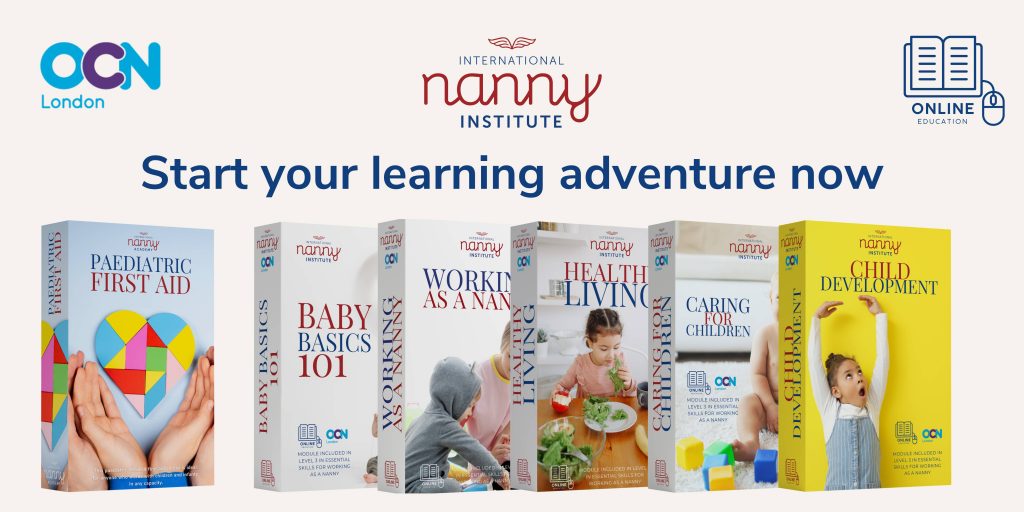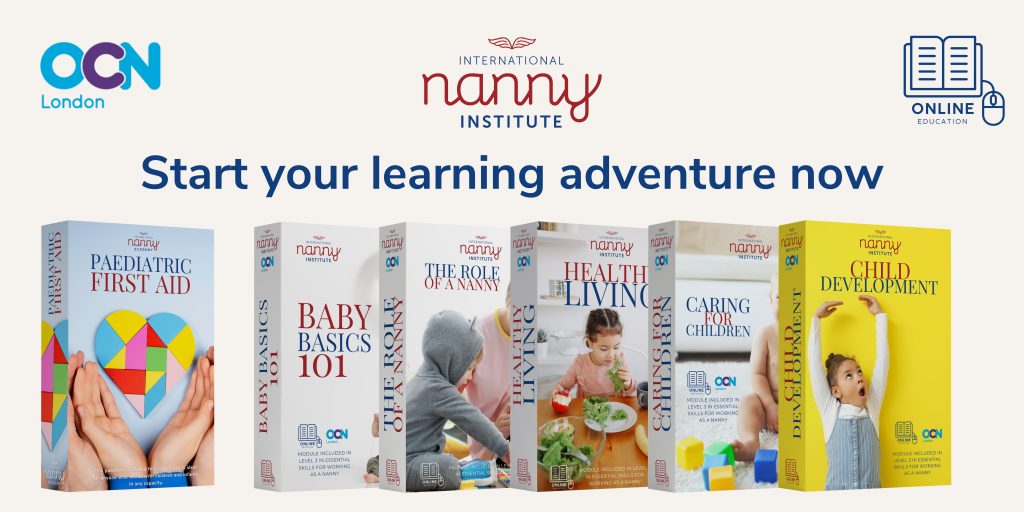Being a professional nanny is a rewarding and fulfilling career choice that offers unique opportunities to make a positive impact on children’s lives. However, like any profession, it also comes with its fair share of challenges. Whether you’re considering a career as a nanny or are already an experienced caregiver, here are some valuable insights into the joys and hurdles of this profession.

The Joys of Nurturing
One of the most rewarding aspects of being a professional nanny is the joy of nurturing and witnessing a child’s growth. From their first steps to their first words, nannies often become an integral part of a child’s life, providing them with love, care, and guidance. The bond that forms between a nanny and a child can be incredibly fulfilling, and it’s an honour to play a role in shaping their future.
Making a Positive Impact
As a professional nanny, you have the power to make a lasting impact on a child’s life. You have the opportunity to instil values, foster creativity, and encourage their personal and intellectual growth. The knowledge that you’re helping to shape the next generation can give you a sense of purpose and fulfilment that few other professions can match.

Building Meaningful Connections
Working as a professional nanny often means becoming an extended member of the family. You develop deep connections not only with the children but also with their parents and caregivers. These relationships can be incredibly rewarding, as you become a trusted confidant and support system for the entire family.
Flexibility and Variety
Professional nannies often enjoy a level of flexibility and variety in their work that is hard to find in other careers. Each day brings new adventures, challenges, and opportunities to learn and grow. From planning engaging activities to exploring different environments, nannies have the chance to create a dynamic and diverse work experience that keeps them on their toes.
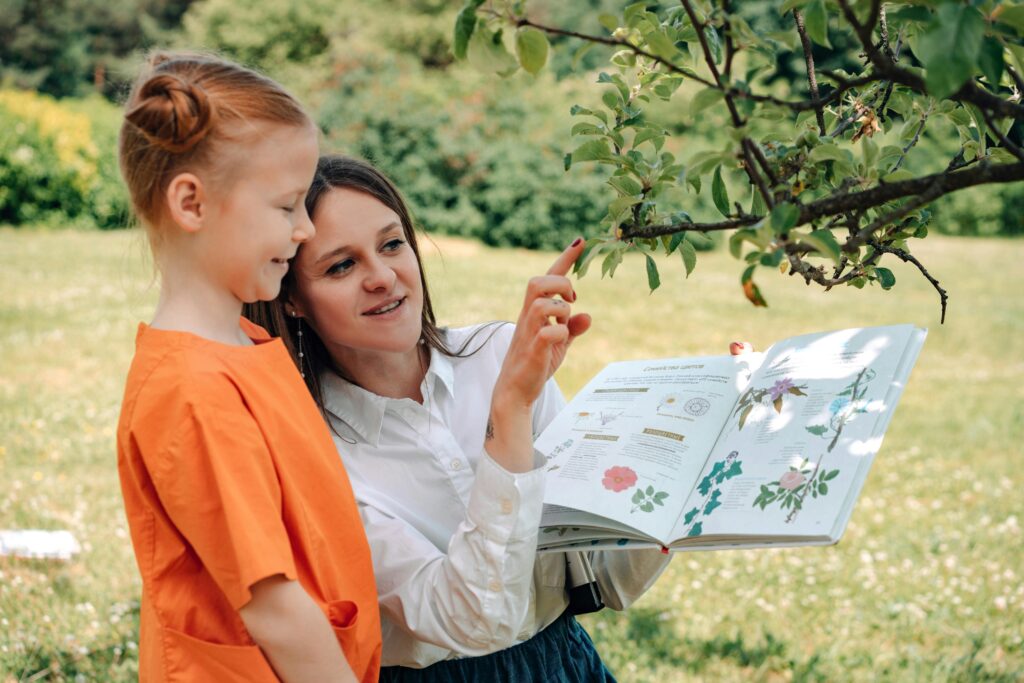
Overcoming Challenges
While being a professional nanny is rewarding, it also comes with its fair share of challenges. Navigating the complexities of child behaviour, dealing with tantrums or sibling rivalries, and managing different family dynamics can be demanding. However, these challenges can also serve as opportunities for personal growth and development, as you learn to adapt, problem-solve, and create a harmonious environment for the children under your care.
Balancing Work and Personal Life
Finding a healthy work-life balance can be a challenge for professional nannies. The nature of the job often requires flexibility in scheduling, including working evenings, weekends, or holidays. Managing your own self-care and personal commitments alongside the demands of the job is essential to prevent burnout and maintain your overall well-being.
Continuous Learning and Professional Development
The field of childcare is ever-evolving, and as a professional nanny, it’s crucial to stay updated on the latest best practices, child development research, and educational techniques. Seeking opportunities for continuous learning, attending workshops, and connecting with other nannies can enhance your skills and expertise, making you an even more effective caregiver.

Being a professional nanny is a rewarding and challenging career choice. It offers the opportunity to make a positive impact on children’s lives, build meaningful connections, and experience the joy of nurturing young minds. While there are challenges to overcome, the rewards far outweigh them. By understanding the unique dynamics of the profession and continuously investing in your personal and professional growth, you can thrive in this fulfilling role.
If you’re passionate about working with children and are ready for a career that combines love, care, and personal development, becoming a professional nanny may be the perfect path for you. To learn more about becoming a nanny, enrol in our online course Working as a Nanny and unlock the full potential of your career as a professional caregiver. This comprehensive course is designed to equip you with the knowledge and skills needed to excel in this rewarding and fulfilling role. By enrolling, you’ll gain valuable insights into child development, learn effective communication strategies, and discover proven techniques for managing the challenges that come with being a nanny. Our course also offers guidance on finding a healthy work-life balance and continuous professional development opportunities to keep you ahead of the curve. Invest in your future as a professional nanny and embark on a journey filled with joy, growth, and meaningful connections. Enrol today and begin making a lasting impact on the lives of children and families!
